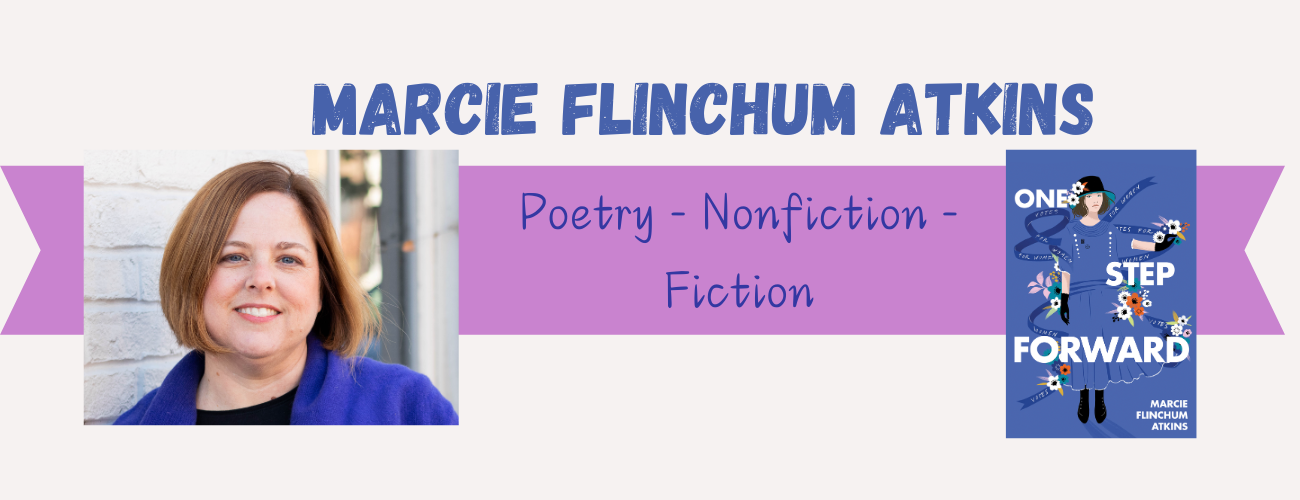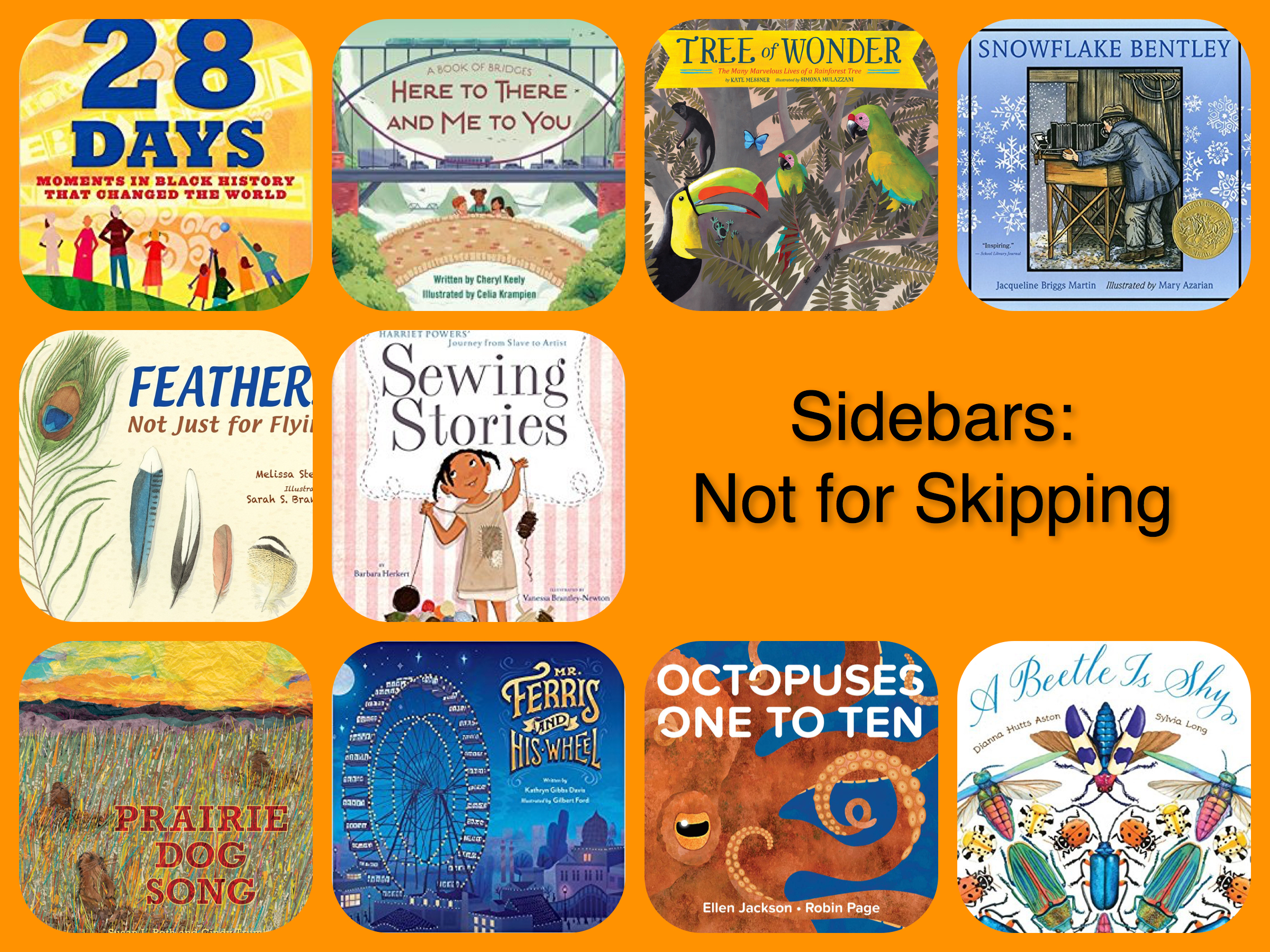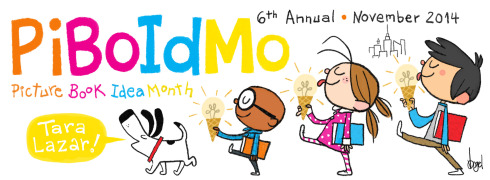We’re All in this Together: Rejection Post #2
Yesterday, I featured several children’s writers and asked them to weigh in on dealing with rejection. Today, we hear from a few more writers.
Amie Rose Rotruck
Author of “Young Wizards Handbook: How to Trap a Zombie, Track a Vampire, and Other Hands-On Activities for Monster Hunters” and “Bronze Dragon Codex” (as R.D. Henham)
www.amieroserotruck.com
I never intended to start playing Pollyanna’s “Glad Game” with regards to rejections, but I think my ego started it to keep from being crushed. Focusing on the positives and small honors can help lessen the sting of rejection. For example, if you get anything more than a form rejection, rejoice! That’s a sign you got someone’s attention, even if the story wasn’t right for them. Then there was one time my editor asked me to submit something to an anthology collection. I did so, but the manuscript did not make it in. Years later, I met the editor of that anthology. I found out then that the anthology was invitation only, so the fact that I was even asked was a big compliment. I’ve entered writing contests and take comfort in moving just up one round, even if I didn’t win. Keep focusing on the positive, however difficult it might be, and it will nourish your writing soul and keep you going!
Another way to put rejection in perspective is volunteer to judge a writing contest. I’ve done several (from elementary to graduate school) and it really drives home how subjective judging large amounts of manuscripts can be. I know I’ve read manuscripts one day, had one reaction, and then on another day, re-read with a different reaction. Editors usually don’t have the luxury of a second read. Knowing that it isn’t a reflection of your manuscript’s worth, but often just how an editor felt on a certain day, can help you recover from a rejection. It also makes it easier to send it to the next editor or agent because this time, it might catch them on just the right day!
Alayne Kay Christian
Author of “Butterfly Kisses for Grandma and Grandpa”
http://alaynekaychristian.wordpress.com/
I view rejections as opportunities to learn and grow as a writer. One thing I have learned from rejections is do not take them personally. They are not a rejection of you as a valued person, they are a rejection of words on a piece of paper. You are not your writing. Your writing is not you.
When someone compliments your shoes, you probably feel good that the admirer appreciates your taste. If someone criticizes your shoes, do you take it so personally that you are heartbroken and feel like never buying another pair of shoes? Why would you? They are just shoes. But more importantly, the criticism is one person’s opinion based on personal taste, knowledge and needs. The same goes for rejections. For example, let’s say, based on your taste, and your current needs, you have no use for red shoes, cannot wear shoes that restrict your toes, and are not looking for shoes with high heels. Wouldn’t you reject any shoes that do not match your current requirements? Your rejection would have nothing to do with the shoe designer or the person who made them.
I don’t want to give the idea that all submissions are perfect. It is important to take rejections seriously because it may be an indication that your work or submission process might be lacking in some areas. However, by not taking it personally, you can take the emotion out of it and keep doing what you love to do. Keep writing, learning and growing. You are right, Marcie, we are all in this together. Thank you for providing this inspiring series where we writers can share and learn.
Rebekah Manley
I keep writing in the face of rejection because I koala-cling to the moments when “writing is right.” These moments come from encouragement from my writing group or constructive feedback from editors. Others are times where I read a book, a paragraph or maybe even a facebook post and remember why I love words and the magical way they work together. Another one might just be a “free write gone well” where I know that my heart was happy in the thick of red wavy lines and character development…nothing to share with the world but something to savor for myself. I try to collect these tiny times and use them against the shadow of discouragement that can seep in with rejection. Rejection can even be a reminder. A reminder that I am pursuing a passion and I would not like to be doing anything else.
Vivian Kirkfield
Author – Educator – Parenting Speaker
http://www.viviankirkfield.wordpress.com
I’m sure you’ve heard the expression, “Expect the best and be prepared for the worst”. In the case of manuscript submissions, the best is a contract…Hurray! And the worst is simply a ‘No thank you’. When I put those two on the balance scale, the ‘no thank you’ is far outweighed by the ‘hurray’. I also know that, as with most things in life, success in submitting is a numbers’ game…predicated on the fact that you are honing your craft, participating in critique groups and willing to revise. The more you put yourself out there, the more chance you will have of getting a positive response. Writing fills me with joy – whether or not my work gets published – and this community of writers and illustrators makes me feel I have come home!
Carol Munro
Full-time freelance writer
www.carolmunrojustwritewords.wordpress.com
The absolute worst rejection to receive is one where the agent/editor turns down the manuscript you sent, but asks to see more of your work. It’s the worst if you don’t follow up. This happened to me twice (sigh). The first time I had nothing else to send, and when I finally did a couple months later, the editor had left the business. The second time, life got in the way, and when I called to see if the editor was still at that publishing house, I was told she left to write full time. Aaugh. Two missed opportunities that are difficult to forget.
Rejections are SOP in our business – Standard Operating Procedure or, as I like to think of them, Signs Of Persistence. So, be ready with at least a few polished manuscripts before you begin to submit, then be persistent. Know that you work in a world of subjectiveness. Know, before a manuscript is rejected, who you’ll send it to next. Know your manuscripts will find their place eventually.
Marcie Flinchum Atkins
Children’s and YA Writer
www.marcieatkins.com
I’ve been reading a lot about rejection and challenging yourself creatively. Here are some of my favorite posts on rejection.
* 30 Famous Authors Whose Works Were Rejected
* Podcast: Mur Lafferty’s “I Should Be Writing” podcast on Rejection
* Maggie Stiefvater’s “Publishing Does Not Want to Eat Your Heart”
Seth Godin talks about resistance and failure in his book LINCHPIN,
“Successful people are successful for one simple reason: they think about failure differently.”
I hope these rejection posts have helped you think about rejection differently.
Tell us, how do you deal with rejection?




10 Comments
Alayne Kay Christian
More great stories and tips! Carol, having more than one story ready before you start subbing is a warning that all submitting writers should hear/read. There seems to be a theme of positive attitude and the right perspective here – so important. Once again, thank you Marcie.
Pingback:
Darshana
Another great post.
I loved Alayne’s analogy to a pair of red shoes. Great way to think of it.
Thanks again Marcie!
Pingback:
Hannah Holt
Another wonderful collection of wisdom. Vivian, I like the way you look at the balance scales of rejection. You are so right. The rewards far outweigh the costs. So many great ideas here!
Romelle Broas
Great post, Marcie! I’m adding your quote to my list of favorite quotes. Also appreciated the additional links. Enjoyed everyone’s responses! Alayne’s shoe analogy brought it to life.
Vivian Kirkfield
Thanks so much, Marcie, for including my thoughts about rejection. I hope they help other writers as much as the other writers’ entries have helped me.
Marcie Flinchum Atkins
Thanks for participating! I’ve definitely been helped by reading everyone else’s thoughts on rejection!
Pingback:
Pingback: